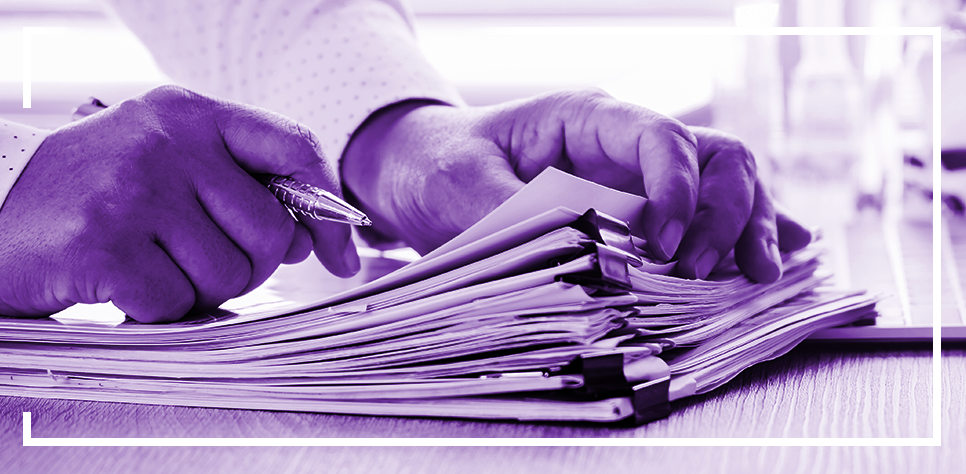The general consensus is that being loyal is a good thing. However, when it comes to finances this isn’t necessarily true. The case in point is ‘’lazy tax’’. Lazy tax is the gap of extra money you’re paying for not being proactive with your finances.
Credit cards, home loans, phone plans and utilities companies often all have cheap deals available for new customers who engage their services. These incentives often come in the form of low-interest rates.
To help you avoid lazy tax, and end up with more money in your pocket, we’ve put together a few tips below.
Don’t become complacent
When you’re first shopping for a particular deal – like a lender to finance your house – you’re probably doing your due diligence and comparing prices between lenders to ensure you get the best deal.
However, just because you secured a great deal, this doesn’t mean that it’s going to stay that way. As time passes, there will likely be many other financial institutions offering even more lucrative deals than the one you initially signed for. This is why it’s important not to get complacent.
To ensure that you’re getting the best deal possible, you shouldn’t get too comfortable with your current arrangement, and should continually shop around for better deals. We’d recommend setting a reminder every six months. Once this timeframe has passed, you can do a quick shop around to see if there are any better deals, which may save you money in the long term.
Even if you do find a better deal, you don’t necessarily need to have the hassle of moving your finances over to another organisation. Instead, you can use the deal as leverage, and ask your current lender to match it or suggest that you may have to move elsewhere.
Check the fine print
Some financial deals may appear very enticing, but they might have some hidden terms that could end up costing you a lot in the long run.
An example of this is an interest-free credit card. Many banks offer interest-free credit cards, however, this period is usually only for a set amount of time. Once the introductory period is over, the interest rate could be much higher than a credit card without an interest-free period.
Check your home loan regularly
It’s very common for home loans to have a fixed deal term, where the interest rate is a lot lower. After this term ends, the borrower will be automatically switched to a variable rate mortgage, which will likely have an interest rate that’s much higher.
While shopping around for interest rates – and refinancing your mortgage – is certainly a way to stay on top of lazy tax, you don’t necessarily need to look outside of your current lender. Instead, you should check what fees and interest rate you are currently paying, and compare it to the rates that the financial institution is offering new customers.
If this rate is lower you can ask for a lower rate. If they refuse, you can, again, use this as leverage, and tell your lender you may look elsewhere for a lower interest rate.
The bottom line
If you’re paying lazy tax, you don’t really have anyone to blame but yourself. However, it’s easy to rectify this and to save your own money. Stay alert and don’t become complacent when it comes to any of your finances that have fees, charges or interest rates involved.
To find out what competitors are offering, you can check out what they’re advertising. If the rates aren’t public, you can also arrange a consultation to find out more, or call a shop or branch and ask them directly what their rates are.
When attempting to determine whether you’re paying lazy tax, and if there’s a cheaper option, you should ask yourself the following three questions:
- When was the last time I compared my interest rate to the available rates on the market?
- What interest rate am I paying now?
- How does my rate compare to other rates on the market?

